cash out refi - good idea?
donaldsg
14 years ago
Related Stories
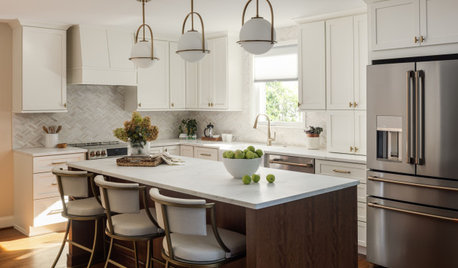
MOST POPULAR5 Remodels That Make Good Resale Value Sense — and 5 That Don’t
Find out which projects offer the best return on your investment dollars
Full Story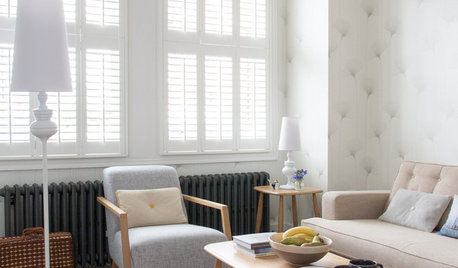
DECORATING GUIDESLiving Room Features That Never Go Out of Style
These key pieces will help your living room keep its good looks, no matter what's in fashion
Full Story
HOUZZ TOURSHouzz Tour: Step Inside (and Out) a New Florida Showhouse
2012 'New American Home' at International Builders Show celebrates latest materials and ideas for luxurious, indoor-outdoor living
Full Story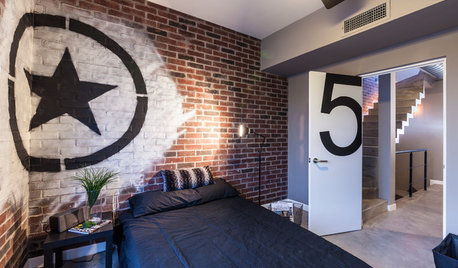
Graffiti Makes Good as Home Art and Decor
This onetime style rebel now has a cause: giving walls, rugs and furniture an arresting look
Full Story
FURNITUREHolding Out for Quality
Cheap furniture has its place, but more shoppers are waiting to invest for the long haul
Full Story
DECORATING GUIDESHow to Decorate When You're Starting Out or Starting Over
No need to feel overwhelmed. Our step-by-step decorating guide can help you put together a home look you'll love
Full Story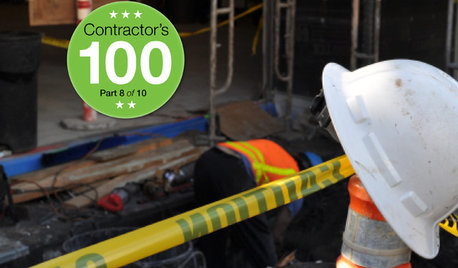
CONTRACTOR TIPSContractor Tips: 10 Remodel Surprises to Watch Out For
Know the potential setbacks before you start to save headaches and extra costs in the middle of a renovation
Full Story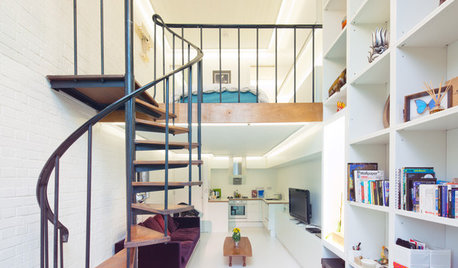
REMODELING GUIDESAsk an Architect: How Can I Carve Out a New Room Without Adding On?
When it comes to creating extra room, a mezzanine or loft level can be your best friend
Full Story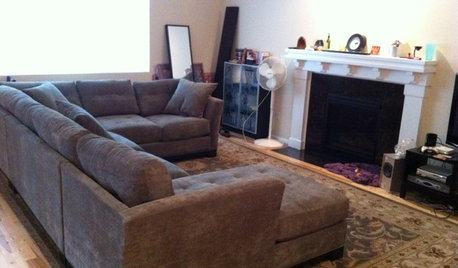
LIVING ROOMSWashed Out to Knockout — See a Smart Living Room Makeover
Soaring stonework and nifty custom storage take a spacious living room in Washington from bland to beautiful
Full Story
LIFE12 Steps to a Happy Teen Bedroom Makeover
Let teen design spirit shine while enjoying bonding time, with these mutually agreeable makeover ideas that don't compromise on style
Full StorySponsored
More Discussions



Meghane
dave_donhoff
Related Discussions
Does anyone have a good method to secure cash at market?
Q
I'm new (sort of) with refi/tax question
Q
Purchasing a home with cash - bad idea?
Q
How to make sure a refi lender is legit
Q
Billl
christine
donaldsgOriginal Author
maifleur01
dave_donhoff
donaldsgOriginal Author
dave_donhoff
donaldsgOriginal Author
jane__ny
sherwoodva
dave_donhoff
Billl
dave_donhoff
jlegs80